Ep. 86: The Science of Exposure and Response Prevention (ERP)
The Science of Exposure and Response Prevention (ERP)
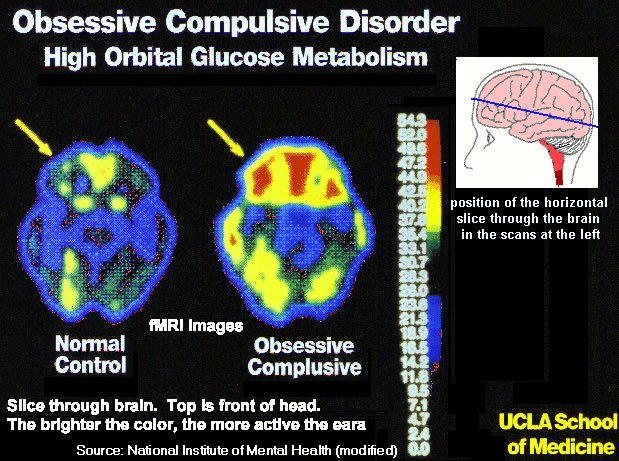
Welcome back to another episode of Your Anxiety Toolkit Podcast.
Today we are talking about the science behind Exposure and Response Prevention. I know a lot of you have a lot of questions about why we would ever put ourselves in a position to be MORE anxious and MOST uncertain. But, there are many reasons why and today we are going to dive into The Science of Exposure and Response Prevention .
To put it simply, we instinctually we run from fear. We go into fight, flight and freeze when we are faced with serious, dangerous events. In emergency situations, this is the most sophisticated human response. We are so lucky we have this response, as it keeps up alive and well.
However, in our era, we are often bombarded by THOUGHTS of serious, dangerous events and this causes our brain to make mistakes about the imminence of danger. We experience the thought as if it were an imminent threat – right here, danger in close quarters, etc.
The problem is that we react to this thought or sensation or urge as if it IS an imminent threat. We run away, we fight it or we freeze.
What happens when we do this is that we reinforce that the thought IS dangerous and, because we responded in this way, a cycle that is created. Fear –> avoidance response –> fear….and the cycle continues.
So, what can we do instead of fight, flight or freeze? We can stare our fear right in the face. We do this by performing Exposure and Response Prevention. Exposure and Response Prevention includes changing our behavior, or response, to the original thought or obsession and exposing ourselves to our feared consequence. Now, if you hate the idea of this, you are not alone.
In this week’s podcast, we address the science behind Exposure & Response Prevention to help motivate and inform you of WHY ERP is so important and HOW it changes our brains. If you need help with this, now is the time to act.
ERP School, our online course that teaches you all the most important components of ERP for Obsessive Compulsive Disorder, is BACK, but act fast because it is only available until February 14th, 2019!
Exposure and Response Prevention School (ERP School) is an online course that teaches you the tools and skills I teach my clients in my office. Let me tell you a little bit about it.
The course is a video-based course that includes modules on
- The science behind ERP
- Identifying YOUR obsessions and your compulsions
- The different approaches and types of ERP, including gradual exposure, writing scripts, interoceptive exposures and how to get creative with ERP
- Mindfulness tools to help you manage anxiety, panic, and uncertainty
- Troubleshoot common questions and concerns
- BONUS 6 videos of the most common subtypes of OCD
The course also includes many downloadable PDF’s and activities to help you navigate how to best apply ERP to your specific obsessions and compulsions.
We are so excited to finally share ERP with you and would love to have you join us and the CBT School Community. It’s a beautiful day to do hard things!
If you are worried about doing it alone, please don’t fear. We meet bi-monthly on the FB group and on IG to talk about questions you may have.
Click HERE to sign up.
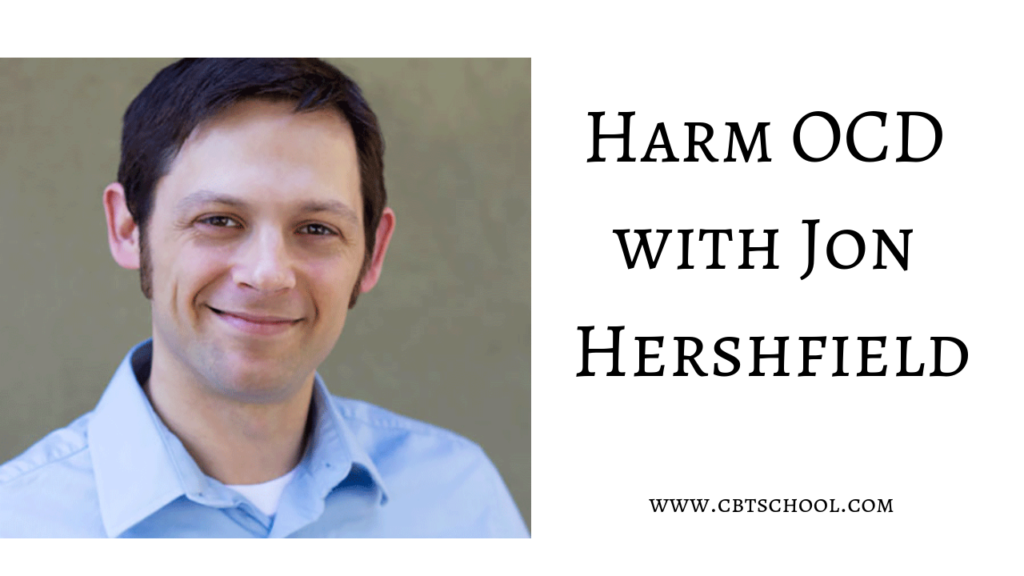
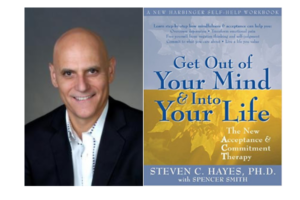 Welcome back to another INCREDIBLE episode of Your Anxiety Toolkit Podcast! Today we have an amazing guest, Steven Hayes.
Welcome back to another INCREDIBLE episode of Your Anxiety Toolkit Podcast! Today we have an amazing guest, Steven Hayes.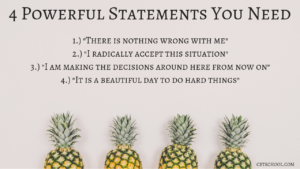 Hello there
Hello there  Hello there
Hello there 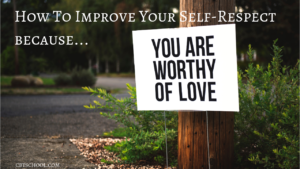 Hello there
Hello there 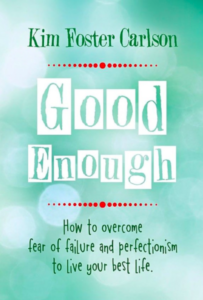 Welcome to another episode of Your Anxiety Toolkit Podcast! This week, we talk about all things
Welcome to another episode of Your Anxiety Toolkit Podcast! This week, we talk about all things 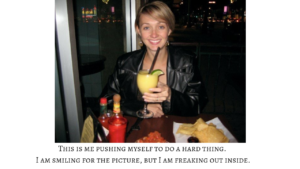
 For those of you who are new, welcome! Your Anxiety Toolkit is brought to you by
For those of you who are new, welcome! Your Anxiety Toolkit is brought to you by 